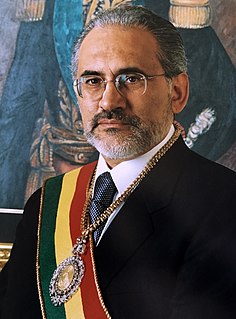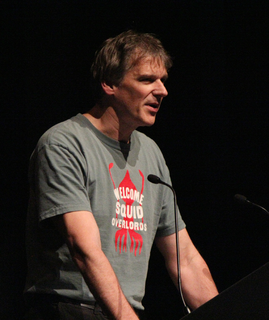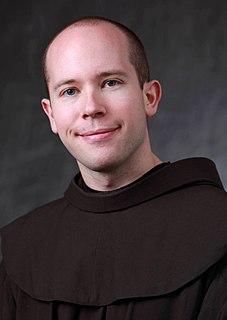A Quote by Robert A. Heinlein
I think perhaps of all the things a police state can do to its citizens, distorting history is possibly the most pernicious.
Related Quotes
Think about how tangible it would be to the citizens of Washington State to finally have the Hanford nuclear site cleaned up. Think about how tangible it would be to the citizens along the Hudson River to fix that pollution. These are some of the most direct things we can do to benefit our environment.
I've never struggled with that at all....in the state of Texas, if you come into our state and you kill one of our children, you kill a police officer, you're involved with another crime and you kill one of our citizens, you will face the ultimate justice in the state of Texas, and that is, you will be executed.
Some things the legislator must find ready to his hand in a state, others he must provide. And therefore we can only say: May our state be constituted in such a manner as to be blessed with the goods of which fortune disposes (for we acknowledge her power): whereas virtue and goodness in the state are not a matter of chance but the result of knowledge and purpose. A city can be virtuous only when the citizens who have a share in the government are virtuous, and in our state all the citizens share in the government.






































